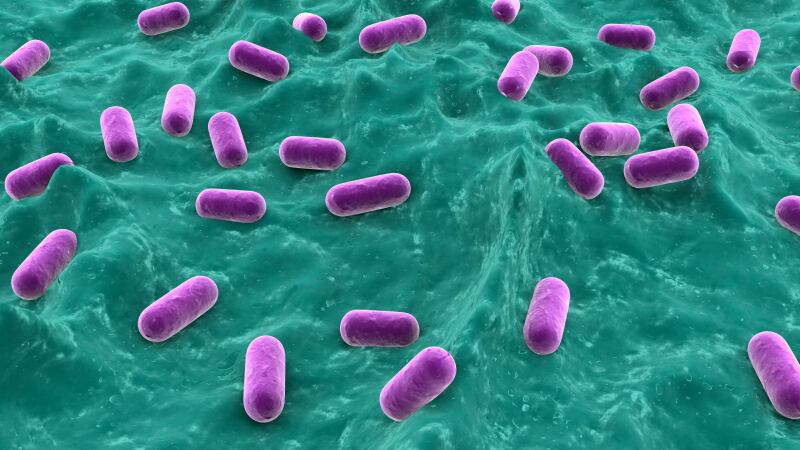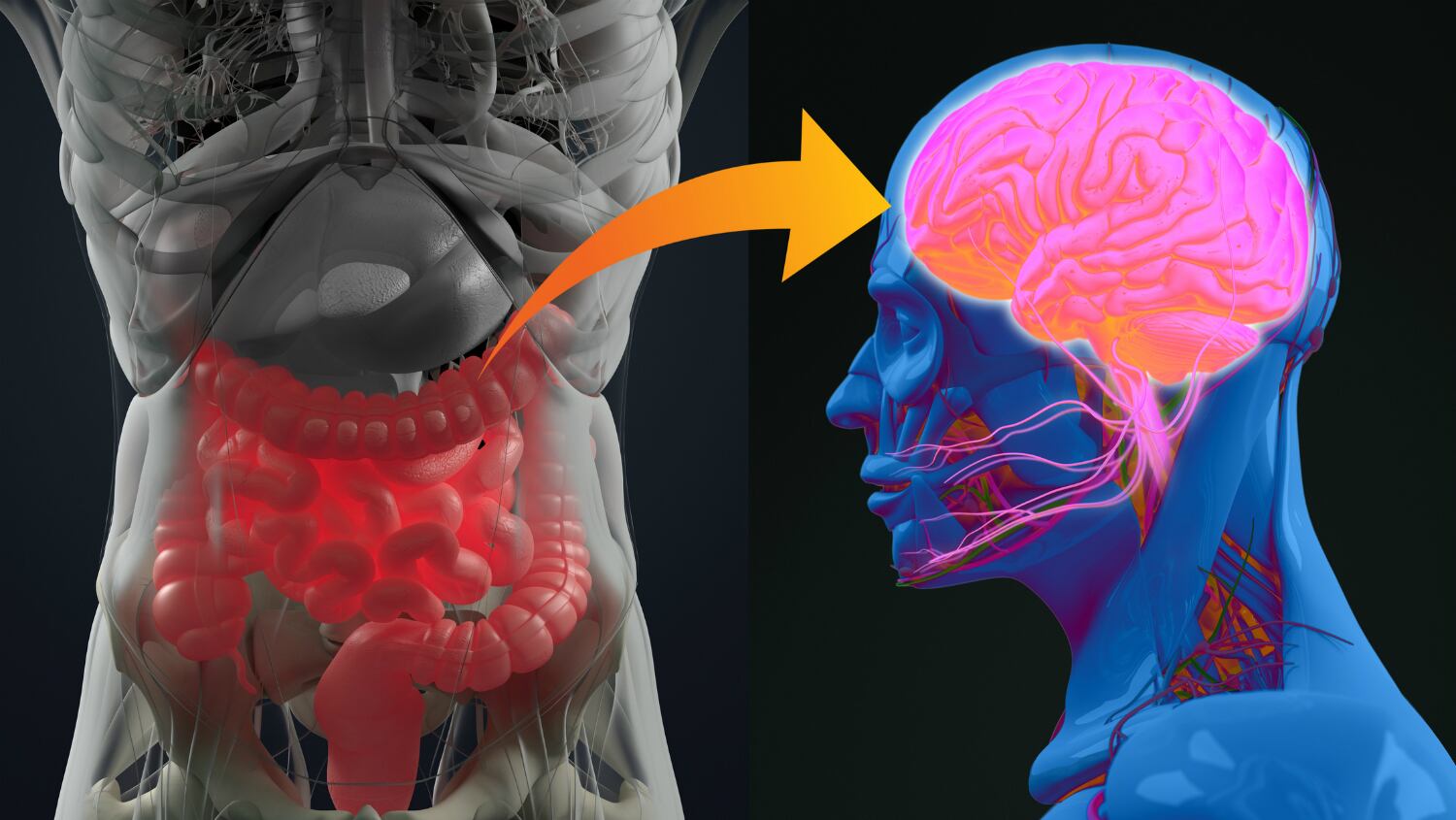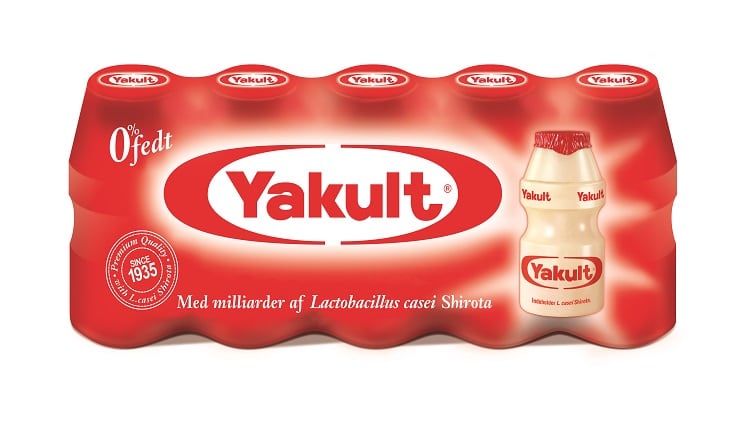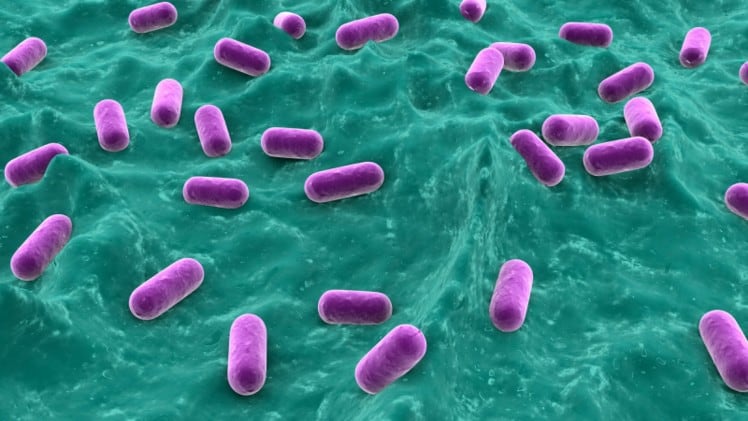While evidence from clinical trials and animal studies has been mounting as to probiotics' beneficial effects on IBD patients, the exact pathogenesis of IBD is still unknown.
Researchers at Beijing's Capital Medical University searched multiple databases for relevant studies that drew comparisons between probiotics and control groups, selecting 10 studies involving 1,049 patients for assessment.
Disparity and equivalence
They performed meta-analyses of the remission, relapse and complication rate between the probiotic strain Escherichia coli Nissle 1917 (EcN 1917) and mesalazine, an anti-inflammatory drug used to treat IBD. They observed that although both of them were safe for consumption and well tolerated, there was "no significant difference either in the EcN 1917 group or among patients treated with mesalazine".
They added experiment-control studies were generally used to test the difference between the probiotic strain and the drug. However, since mesalazine is considered the 'established gold standard therapy', the study results were meant to demonstrate the equivalence between EcN 1917 and mesalazine.
Subsequently, the meta-analyses suggested that EcN 1917 was similarly efficacious in remission, relapse and complication rate when compared with mesalazine.
The researchers also compared the efficacy among IBD patients administered probiotics and placebo, and the combined results on efficacy in remission, relapse and complication rate did not present any significant difference between the two groups.
At the same time, three types of probiotics — S boulardii, Lactobacillus GG and VSL#3 (a combination of the first two) — were assessed in the meta-analyses, necessitating subgroup analyses.
The researchers did not observe any difference in the remission rate of Lactobacillus GG, while VSL#3 was found to have a higher remission rate than that of the placebo group.
When it came to the relapse rate in sub-group mate-analysis, both Lactobacillus GG and VSL#3 showed a similar result, though patients on placebo showed a higher relapse rate than those given VSL#3.
Additionally, the frequency of complications was similar in all sub-groups, with side effects (including abdominal pain and bloating, diarrhoea and arthralgia) being relatively minor.
Alternative potential
The researchers stated that EcN 1917 and mesalazine were similarly efficacious, and that while S boulardii and Lactobacillus GG showed no advantage over placebo individually, VSL#3 presented a better outcome.
The study's potential limitations included a high level of heterogeneity in the meta-analyses. In light of the sub-group analysis that was conducted, this could be attributed to the different types of meta-analyses the researchers used.
At the same time, the current study's small sample size of both reviewed articles and enrolled patients might have resulted in bias.
The researchers added that several other parameters of the patients might have affected the outcome of the treatment, and increased the risk of flare-up. They added that future high-quality studies on different types of probiotics administered to IBD patients should be conducted.
In conclusion, they wrote: "According to its pathogenesis, the use of some types of probiotics could prevent the induction of inflammatory reactions in patients with IBD. EcN 1917 shows comparable efficacy and safety to mesalazine, and VSL#3 shows better effects than placebo. These probiotics could be considered as an alternative for patients with IBD."
Source: Medicine
http://dx.doi.org/10.1097/MD.0000000000013792
"The clinical effects of probiotics for inflammatory bowel disease: A meta-analysis"
Authors: Kai Jia, et al.




